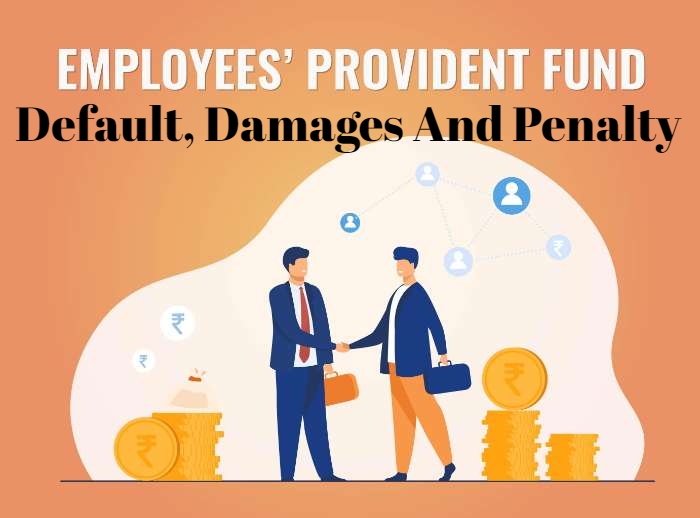

By Sunil Garodia
First publised on 2022-02-25 16:37:44
The Supreme Court ruled that as per law the Employeesâ Provident Fund Organization (EPFO) is entitled to levy both penalty and damages on an employer for default or delay in paying the employersâ share of EPF contribution without having to prove either criminal intent or criminal act on part of the employer. Just the fact that there was a delay or default is enough for the EPFO to recover penalty and damages, in addition to the actual amount due for the period of default or delay.
In the instant case, the defaulting company had argued that the EPFO was wrong in imposing damages in addition to the amount of default. But the court held that as per Section 14B of the EPF & MP Act, once default was admitted, damages were consequential and the defaulting employer was under obligation to pay the amount in default and the damages both.
We are of the considered view that any default or delay in payment of EPF contribution by the employer under the Act is a sine qua non for imposition of levy of damages under Section 14B of the Act 1952 and mens rea (criminal intent) or actus reus (criminal act) is not an essential element for imposing penalty/damages for breach of civil obligations/liabilities,â the bench said.
The Supreme Court has consistently and rightly interpreted the provisions of the laws for the benefit of the working class with strictness. It has seldom been swayed by defaulting employers pleading for a relaxed interpretation of a provision that can allow them to escape penalties. It has always stressed the fact that it is the bounden duty of employers to provide social security cover to their employees as per law. Its orders show that it wants penalties and damages, as provided for in such laws, to act both as punishment and deterrent for delays and defaults, which was also the intent of the legislature. Hence, employers would do well to always comply with all provisions of such laws in a time-bound manner to avoid penalties and damages.
Image courtesy: base image by zfunds.in, additional caption by us











